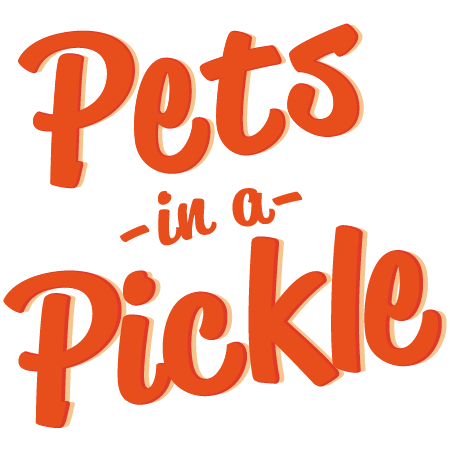Celebrating Assistance Dogs
As passionate dog owners we know the love, care, and dedication we put into looking after our pooches; we feed, walk, play, and give dogs a home where they can be loved and cherished for their whole life. Most of the time we forget how much our dogs also return the favour, filling our lives with love, joy and companionship – they really are man’s best friend!
But there are some dogs that go above and beyond when caring for their owners and we want to celebrate them. Assistance Dog Week takes place every year from 7th to the 13th August to recognise all the great work Assistance and Service dogs do when helping their owners with illnesses and disabilities
Types of Assistance Dogs
Guide Dogs – One of the most used and well-known type of assistance dog is a guide dog, which aim to help lead those that are visually impaired or blind.
Seizure Alert & Response Dogs – Commonly owned by people with epilepsy, seizure alert dogs are specifically trained to provide comfort, prevent injury and alert a designated person that their owner is having a seizure.
Diabetic Alert Dogs – Trained to identify when levels of blood sugar have risen or dropped in humans, diabetic alert dogs are able to let their owner know when their has been a dangerous change in their blood glucose levels.
Hearing Dogs – Owned by those that are hard-of-hearing or deaf, these type of assistance dogs can alert you to important sounds such as a phone-ringing, smoke alarm or doorbell.
Psychiatric Assistance Dogs – Supporting those with mental health disorders, such as Anxiety and PTSD in an emotional context. These dogs can offer a soothing presence or be trained to ensure spaces are safe for their owners to enter.
Mobility Assistance Dogs – These dogs are trained to support those with mobility impairments by bringing them objects, and opening doors, among other things. Offering their owners independence.

Assistance Dogs Out & About

On any normal day we would be all for petting and having a chat with a cute lil pup out and about, however, when it comes to an assistance dog please fight the urge!
Just like we perform best without distractions so do these hard workers, and we can all agree they’re doing great work.
Recommended don’ts –
- Don’t pet or distract them
- Don’t attempt to feed them/give them treats
- Don’t give them commands or try and steer them
- Don’t allow your dogs to challenge them when they’re out
- Don’t feel sorry for them, they are loved and appreciated by their owners as well as being fulfilled
Generally, avoid disturbing them when they’re on the job.
Some do’s –
- Do engage with their handler/owner first, and ask their permission before your interact with them, giving their owner respect and autonomy
- Do give assistance dogs the right of way
- Do ask for permission to pet them from their handlers, and do accept their answer if they say ‘no’
- If you see an assisstant dog by themselves, they be trained to find help if their owner is in distress. Try and locate the owner and follow the dog if it urges you to.
Charities You can Support
We love assistance dogs and are so inspired by the work they do and the difference they make in peoples lives.
If you want to support these amazing canines, have a look at some of the charities working to support all types of assistance dogs here in the UK:

Contact Pets in a Pickle
For more pet information and facts, check out the other news on Pets in a Pickle. To find out more about the range of policies, get in touch with the team today. Call them now on 0800 044 1111, or contact the team online here.
Additional Sources:
